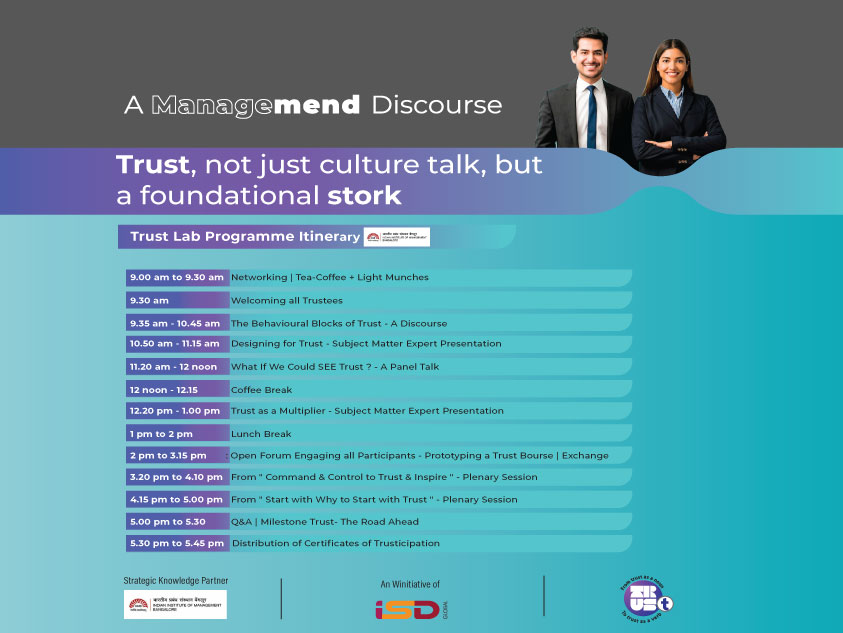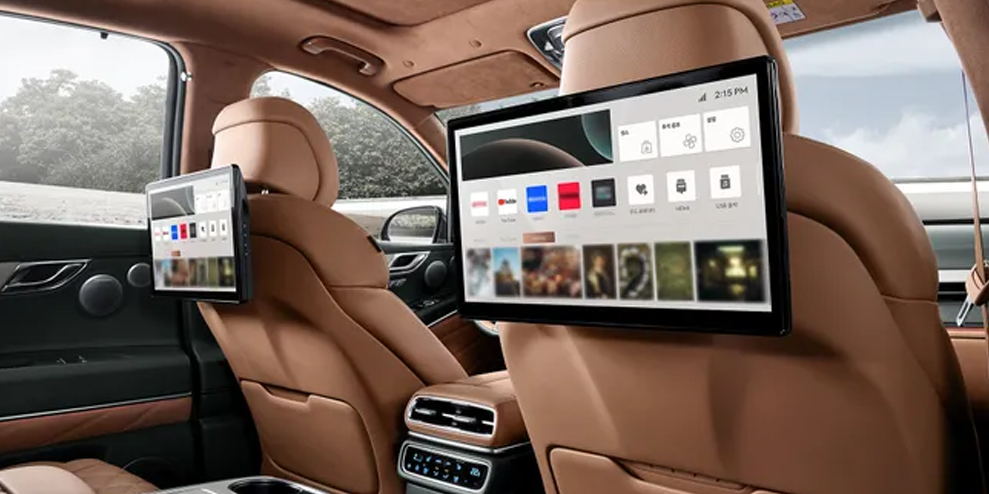New research finds that AI-powered fitness coaching is more effective when users interact with real people.
Given artificial intelligence’s ability to mimic humans’ problem-solving ability, it’s not surprising that many people are turning to AI-powered wellness coaches to help them plan exercise routines, track their nutrition, and set goals for losing weight.
However, in one important aspect, these apps may not be able to match their sentient counterparts. New research finds that a mobile weight loss application that uses artificial intelligence to mine personal data and provide encouragement and personalized advice is more effective when paired with a human touch.
Sridhar Narayanan, a professor of marketing at Stanford Graduate School of Business, analyzed data from about 65,000 customers who use HealthifyMe, which provides weight loss plans for people in India. The subscription-based app offers two kinds of plans: In one, customers are guided only by AI, which uses algorithms to suggest goals and changes in diet and fitness regimens. The other plan uses AI paired with human coaches, who can offer more personalized weight loss advice and perhaps an empathetic ear.
Humans plus machines got better results in Narayanan’s study, coauthored with Anuj Kapooropen in new window, an assistant professor of marketing at the Indian Institute of Management, and Puneet Manchandaopen in new window, a professor of marketing at the Ross School of Business at the University of Michigan. They find that customers guided by human coaches and AI lost an average of about 5 pounds over three months, while those coached only by AI lost a little less than 3 pounds on average. “The difference is small in absolute terms when averaged across all customers, but it is very large in relative terms, with the weight loss being over 74% higher for consumers with AI plus human coaches,” they write.
Narayanan became interested in weight loss apps when HealthifyMe CEO Tushar Vashisht spoke to one of his MBA classes. Vashisht was trying to scale effective weight loss coaching to millions of people, which is vastly cheaper to do with technology versus hiring an army of human coaches. By tapping into users’ personal health data like goal setting and food intake logs, artificial intelligence seemed to work pretty well at motivating some customers to engage in habit-changing behavior. Narayanan wondered: Given that weight loss journeys may trigger emotions like shame, anxiety, and frustration, can technology be as effective as a live person in helping customers reach their goals?
Watching the Weight Watchers
Answering that question dovetails with Narayanan’s previous work examining the role of marketing in health care. “Whether it’s looking at advertising or the impact of loyalty programs, how do you find the causality of relationships as opposed to the correlation?” he asks.QuotePeople using AI-only coaching lost about 1.5% of their starting body weight, compared to 2.7% for those with AI-plus-human plans.
Discerning a causal effect wasn’t as easy as simply comparing users of the two weight loss plans. Narayanan explains that randomly picked users from each plan don’t provide comparable starting points since their motivations are unobservable. “People who choose a human plan may be different systematically than those who choose AI coaches — maybe they’re more motivated in their willingness to lose weight,” he says. “If AI coaches come out ahead, it’s possible that the people who find it easier to lose weight are the ones choosing the technology-only option.”
To avoid these pitfalls, the researchers paired each user of an AI-plus-human plan with a comparable user of an AI-only plan. They dug into users’ goal setting as well as activity, weight, and food logs over three years to find these matched pairs. They then looked at whether these paired users achieved their weight loss goals.
Human interaction had a significant positive effect on weight loss, they found. On average, people using the AI-only solution lost about 1.5% of their starting body weight, compared to 2.7% for those with AI-plus-human plans. Women, older people, and people with a lower starting body mass index were more likely to employ a human coach and therefore lost more weight. And customers who picked human coaching tended to set higher weight loss goals and logged their weight and food intake more frequently.
Narayanan points out that there is a role for AI coaches — customers do lose weight with them. And AI coaches may improve with training and time. For now, he won’t speculate too much about why humans make better weight loss coaches other than to say that some customers may have an underlying need to receive empathy when they’re trying to lose weight. Customers may also feel more accountable for their actions when checking in with a live person. It takes more effort to reschedule a phone or video call than to swipe away an AI-generated notification on your phone or smartwatch.
More research into human coaching versus AI is likely on the horizon, Narayanan says. But next up for him is looking at app users who are tracking and getting coaching for serious health issues like diabetes or high cholesterol. Finding a way to measure how effectively technology helps customers deal with their overall health could make AI-driven health monitoring more valuable to partners like insurance firms. “If health is the ultimate goal, body weight is only an intermediate step,” he says.
___
This article first appeared in www.gsb.stanford.edu
Seeking to build and grow your brand using the force of consumer insight, strategic foresight, creative disruption and technology prowess? Talk to us at +971 50 6254340 or engage@groupisd.com or visit www.groupisd.com/story



